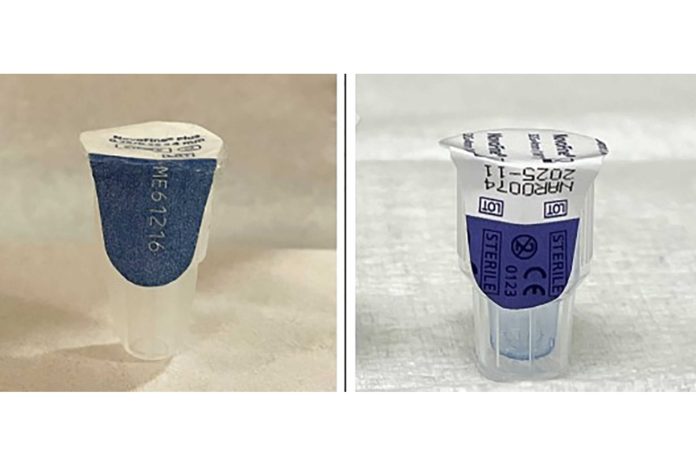
The Associated Press
The World Health Organization and drugmaker Eli Lilly and Co. are warning people to be wary of fake versions of popular weight-loss and diabetes medicines.
WHO said Thursday that it has fielded several reports of fake semaglutide — the active ingredient in Novo Nordisk’s Wegovy and Ozempic — in all geographic regions of the world since 2022.
Lilly said in an open letter that it was “deeply concerned” about growing online sales and social media posts involving phony or compounded versions of tirzepatide, the active ingredient behind its drugs Mounjaro and Zepbound.
The Indianapolis-based company said it was the only lawful supplier of those drugs, and it does not provide tirzepatide to compounding pharmacies, wellness centers or online retailers.
Lilly said fake versions of its drugs frequently advertised or sold online are never safe to use.
Novo Nordisk has issued similar warnings in the past about its medications.
WHO said patients can protect themselves by using prescriptions from licensed physicians to buy the medications. The agency said patients also should avoid buying the drugs from unfamiliar sources.
Lilly said any products marketed as tirzepatide and not Mounjaro or Zepbound were not made by the drugmaker and are not approved by the U.S. Food and Drug Administration.



















